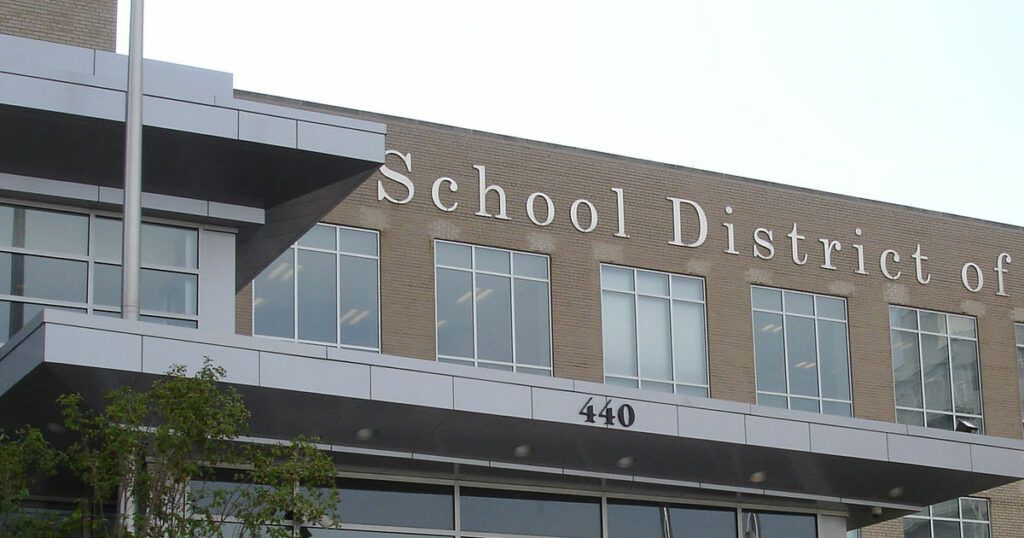Blog
School Boards are Once Again Center Stage: How will Philanthropy Respond?

At a time when school boards should be focused on responsive and community-driven ways to use new COVID relief funds from the federal government, districts everywhere find themselves under a confluence of reactionary agitation focused on mask mandates, vaccines, curriculum, and the rights of transgender students.
As NPR recently reported, “School boards have become the latest political battlefield, with fights over masks and COVID-19 vaccines, and with conservative parents concerned about diversity curriculum.” Sometimes, the fights are literal: in Loudon County, Virginia, the police were called to eject unruly conservative activists from a board meeting this summer.
Analysis by EdWeek traces the origin of the present moment to the shift of partisan politics down to the local level, reduced news coverage of school boards, and hyper-polarization brought about by social media:
…the issues the public brings to school boards are increasingly refracted through the lens of national political discourse—especially for issues like masking, school reopening, and race that are now as much about political identity as they are about keeping students safe and engaged.
The nationalization of school board politics may feel new, but it’s probably more accurate to say that long-standing tensions are now intensifying.
What Happens at School Boards Doesn’t Stop There
School boards are often the most accessible level of governance for any community, so it’s intuitive that upset constituents voice their concerns there first. But political scientists have noted that school board decisions and elections have significant downstream political effects. For generations, conservatives have systematically trained and funded school board candidates as a first stepping stone toward higher office. Since 2019, this strategy has been reinvigorated. In May, Axios reported a new PAC had been formed to “raise funds to support school board candidates who oppose public schools teaching critical race theory and the 1619 Project.”
Politico reported last month that this trend has only accelerated over the past year, the result of a heightened culture war drumbeat by right-wing news outlets and amplified through social media: conservatives see the conflict as “a rich opportunity to build a pipeline of new political candidates.”
Deep Community Can Beat Deep Pockets
The racist attacks on inclusive curricula, the anti-science opposition to masks and vaccines, and the bigoted denial of transgender students’ rights — none of these are foreordained to win, despite mountains of cash being dropped into astroturf groups and extremist political campaigns.
The key to overcoming these challenges is the same as it ever was: serious, long-term organizing rooted in race and gender justice and centered on the lives of youth, parents, educators, and the lived communities in which our schools are based. Such organizing work builds power to demand change from policymakers, increases civic participation, and ultimately results in electoral shifts.
For a sector like philanthropy, such a strategy may not be flashy or exciting, but it’s incredibly urgent. As we wrote earlier this summer: when organizers get sustained support and resources, they can accomplish transformative change. The far-right is in it for the long haul. Are we?
Photo by It’s Our City.


